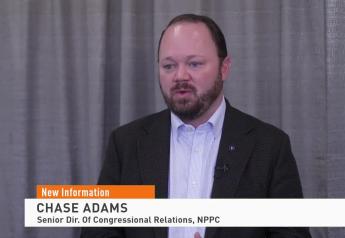Empathy is OK; Encouraging your Team is Better

The wrong approach to empathy and encouragement validates poor performance, frustrates leaders, and hinders teams.
Encouragement is better than empathy.
Responsible failure calls for empathy and encouragement. Empathy feels good, but encouragement nudges people to reach higher next time.
Empathy says, “I accept you.” Encouragement says, “I believe in you.”
Too much empathy validates lack of effort and causes self-indulgence. Encouragement says, “You can reach higher.” Show a little empathy. Give lots of encouragement.
Empathy provides a relational foundation for encouragement.
Encouragement isn’t:
Encouragement isn’t telling someone they did a good job when they fell short. That’s a lie that affirms indifference and mediocrity. Never affirm lackluster performance due to lack of preparation, low effort, or want of commitment.
Encouragement matters when people work hard but fall short.
The real truth about encouragement:
#1. Encouragement is challenge wrapped in affirmation. “I know you’re disappointed in your performance. I know you put in extra hours on this project. Frankly, I believe you can do better, too. Maybe it’s not about more hours.”
#2. Encouragement acknowledges useful behaviors and advantageous attitudes. Empathy sees the pain and acknowledges disappointment. Encouragement builds on small successes.
#3. Encouragement sees fruitful progress and believes there’s more.
#4. Encouragement nudges people toward stretching their strengths. Encouragement energizes people to try again in new ways. Empathy, done poorly, suggests that failure is the best you can do.
It’s not encouragement if people feel satisfied with disappointing performance.
#5. Encouragement is noticing contribution even when performance falls below expectation. Make a ‘contribution list’ that illustrates the benefits you brought to the project or team.
- How might your contributions make a difference in future efforts?
- What strengths enabled your contributions?
- What interactions and relationships escalated your contributions?
- What will you do next time?







